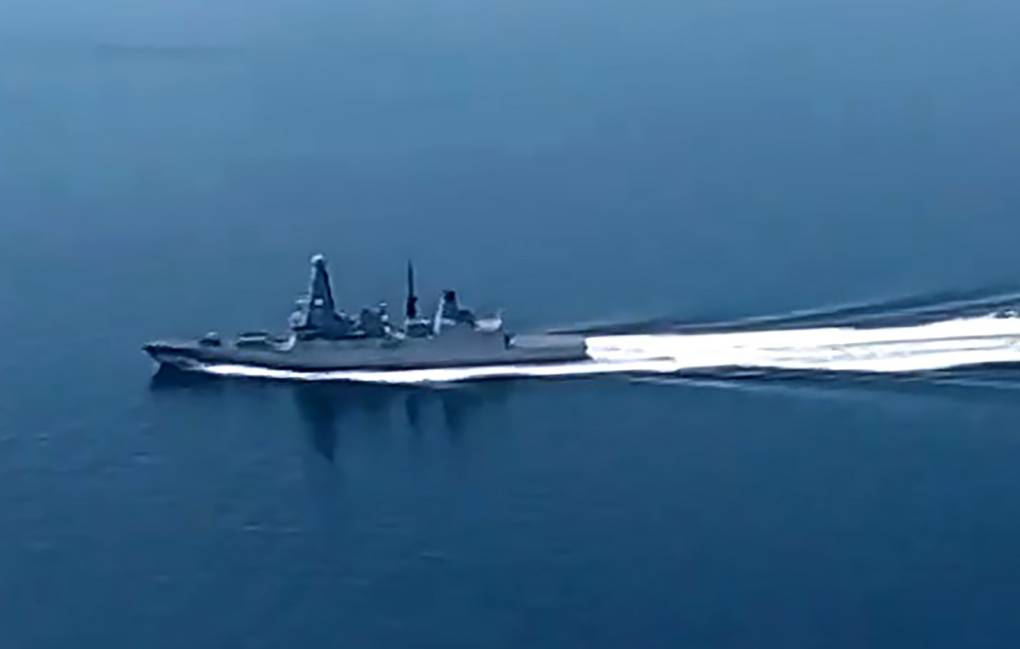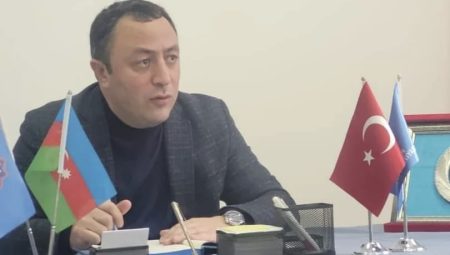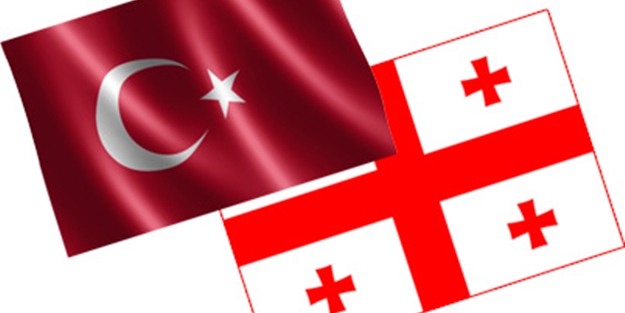Following the destruction of the Kakhovka dam in Ukraine in June as a result of continued Russian aggression, Georgians began to worry about the possible hazards of Black Sea water for swimmers.
Authorities give assurances there are no signs of pollutants reaching Georgian shores yet and experts, too, see little risk of the country’s coastline being affected.
After the start of Russia’s full-scale invasion of Ukraine, Georgia saw the war’s impacts from multiple directions over land – be it the influx of migrants from Russia, or more trucks and trains moving between Europe and Asia circumventing Russia.
But it was the sea that brought the first actual blast from the front line. In February 2023, a year into the war, a floating mine washed ashore in the Black Sea town of Batumi and exploded.
Police cordoned off the area, took the debris in for forensic examination, and warned that the storm might wash more floating mines to the shores. They pledged to erect protective barriers in the sea and monitor the situation closely.
No explosives have turned up on Georgian shores since, and the incident was quickly forgotten. But the collapse of the Nova Kakhovka dam on June 6 as a consequence of Russian aggression against Ukraine has revived safety fears in Black Sea littoral countries.
The destruction is known to have pushed significant amounts of oil, unexploded mines, chemicals, and other pollutants down into the Black Sea, leaving those living in coastal regions concerned about the safety of the water, as well as the disaster’s indirect effects on the Black Sea ecosystem.
In Georgian seaside regions, anything brought by the waves of the sea is heavily scrutinized these days. In June, a dolphin washed ashore in Gonio, near Batumi, and days later locals in Sukhumi, in breakaway Abkhazia, grew concerned after seeing bodies of piglets and a calf floating near the shore.
The fears were then quickly rebuffed by local officials or experts, who pointed out that it is not rare for dead dolphins to wash ashore (19 appeared within a month in 2016) and that the livestock had been flushed into the sea from local rivers. Indeed it has been a rainy and flood-intense summer in Georgia.
But the fears persist, potentially harming revenues of tourism-dependent regions. Late in June, tourism business representatives as well as local residents in the Black Sea region complained about cancellations of bookings, particularly from European countries.
To calm the public, the National Environmental Agency said it would monitor the water quality every ten days. According to the last report published on July 4, “the concentration of biological elements, heavy metals, and total hydrocarbons are within the norm in the Black Sea water samples.”
Georgian authorities monitor water quality at nine different stations.
Independent experts, too, are less fearful, speculating that the vast volume of the sea will be able to absorb the pollutants.
The chance of environmental impacts reaching Georgia “is not zero, but still very low,” Kakha Artsivadze, an expert at NACRES, an environmental conservation organization, told the Batumelebi/Netgazeti outlet on June 20. “It may affect Romania and Bulgaria and may also reach Turkey. But the distance is too far for it to reach Georgia.”
Given the Black Sea’s circulation patterns, anything that enters the sea from Ukrainian rivers is first carried along the shores of Romania, Bulgaria, and the even longer Turkish coastline prior to reaching Georgian beaches.
Those countries are similarly alarmed. Bulgarian authorities are concerned about falling visitors in the wake of the Kakhovka dam even though they say no pollution has been detected in their seawater samples.
In July, Georgian environmental authorities said they had exchanged information with their Bulgarian colleagues, assuring that neither country had detected rising pollution levels at their shores. One environmental official from Georgia’s coastal region of Adjara told Imedi TV in June that due to the ongoing projects to improve sewage management, the quality of the seawater has even improved compared to recent years.
But the long-term impact also needs to be assessed in terms of the safety of commercially caught fish and the whole ecosystem. The affected territory in the north-western region of the Black Sea around the Dnipro (Dnieper) River Delta is “the most productive zone” and “the most important locality in terms of biodiversity” of the sea, Archil Guchmanidze, a Black Sea researcher, told Euronews Georgia on June 14.
According to Guchmanidze, it is among the spawning zones for the migrant fish species the Georgian fishery depends on. The fish migration will start in August-September and will accelerate in October, the expert said, and continuous studies will be needed to determine their safety for human consumption.
Nini Gabritchidze





